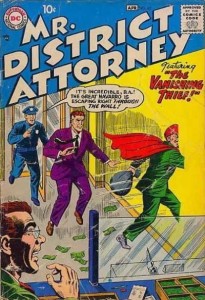Nearly everyone agrees with prosecuting public officials (as well as, on occasion, lobbyists and other private actors) for bribery and some other instances in which officials trade, or are asked to trade, a quid pro quo of official action for money or gifts. Defendants in such cases, on the other hand, such as former New York Assembly Speaker Sheldon Silver, often object that they are being menaced with criminal sanctions for politics-as-usual doing of favors and constituent service, with the frequent additional suggestion that prosecution is selective and ginned up by opponents for purposes of criminalizing politics and destroying reputations in the media.
A panel discussion at the recent Federalist Society national lawyers’ convention discussed this issue including the episodes of the Wisconsin John Doe proceedings, Texas Gov. Rick Perry, Virginia Gov. Bob McDonnell, Tom DeLay, lobbyist Kevin Ring, and many others. Panelists included private attorneys Todd Graves (Graves Garrett), Edward Kang (Alston & Bird) and Peter Zeidenberg (Arent Fox), Prof. Eugene Volokh, and as moderator the Hon. Raymond Gruender of the Eighth Circuit. David Lat has a good write-up of the panel at Above the Law.
Related: Ilya Shapiro and Randal John Meyer have some questions about recent prosecutions in New Jersey under its official misconduct statute [Cato].

